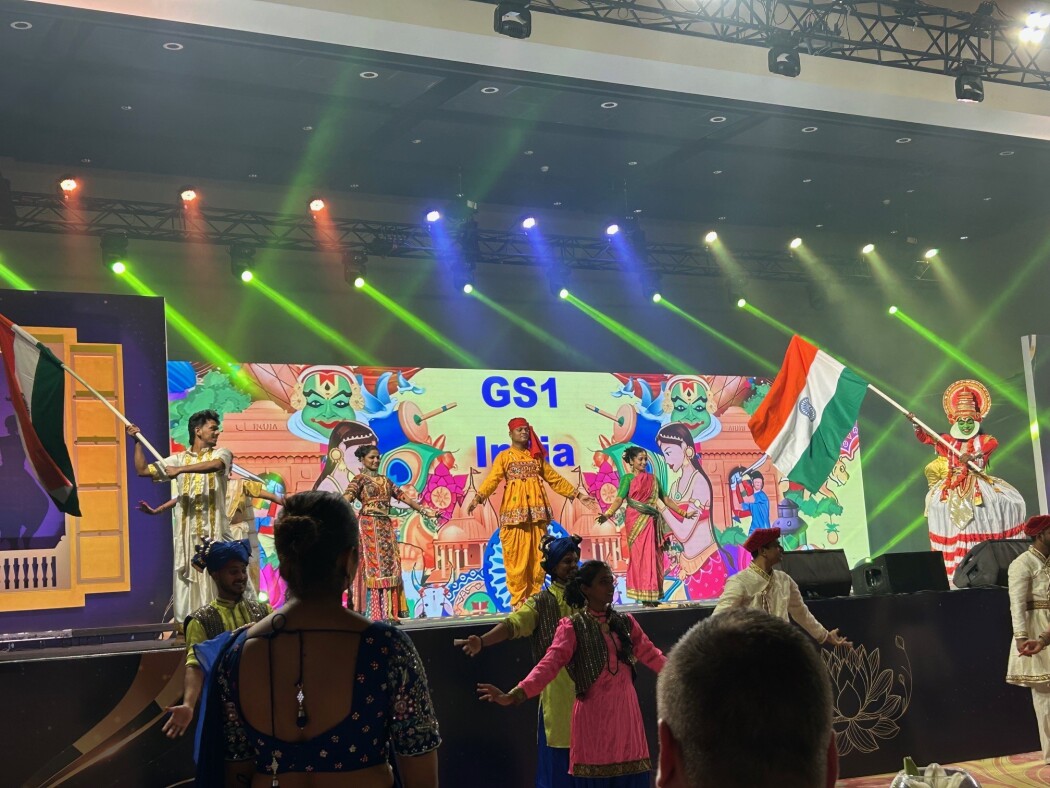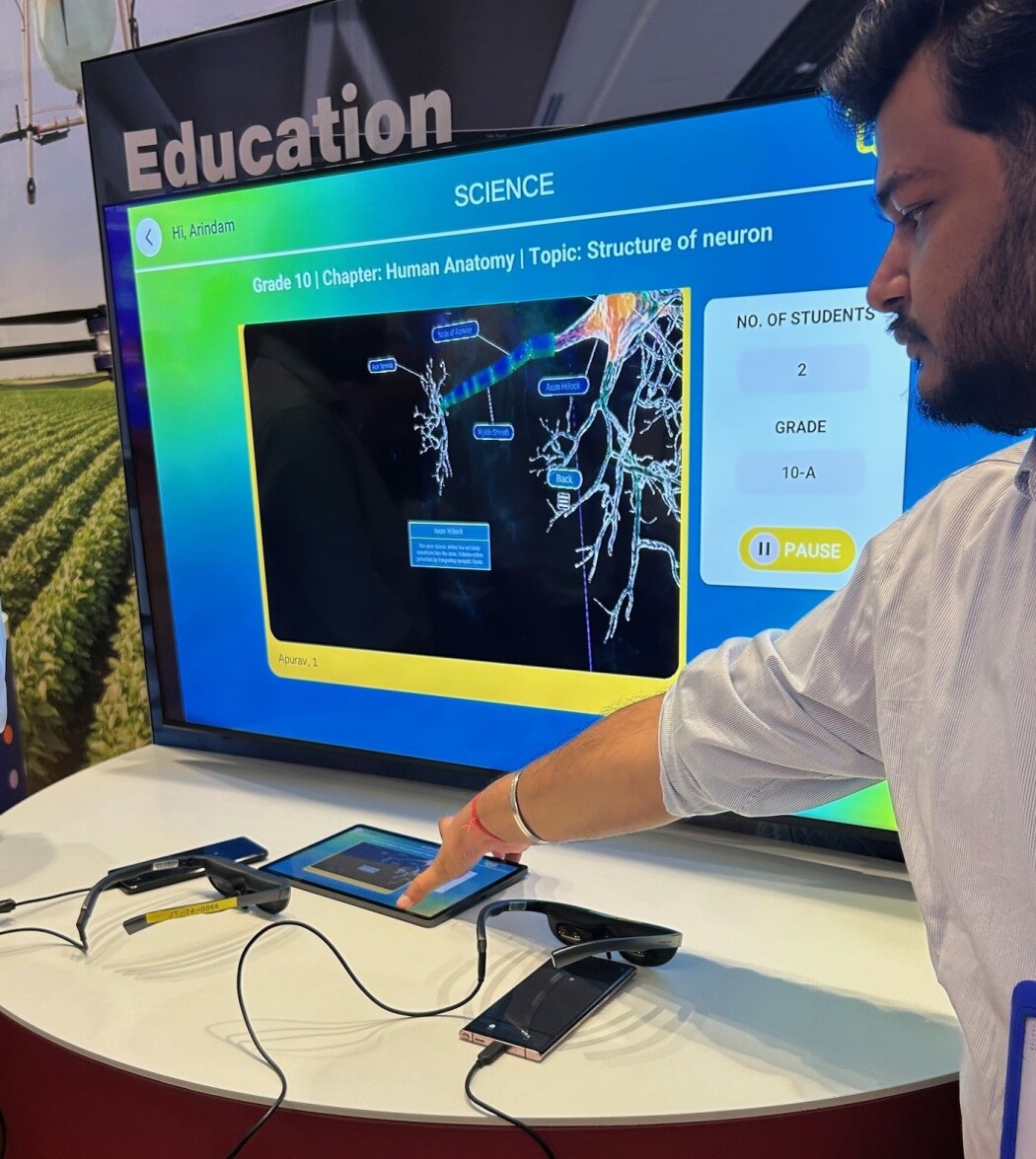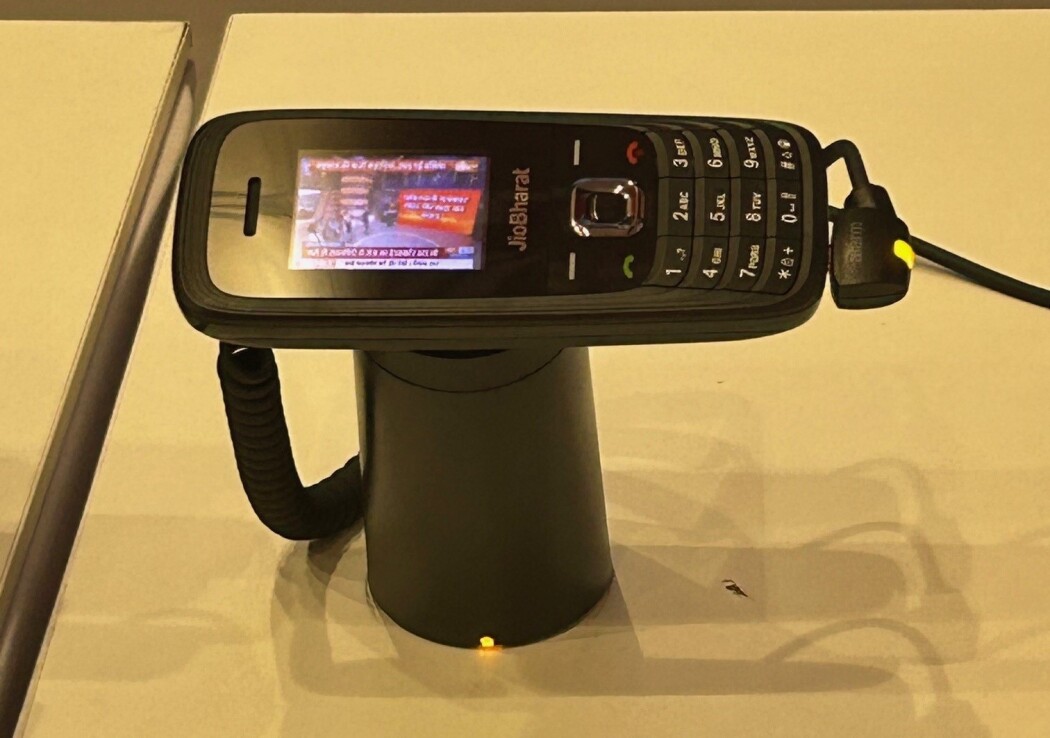India is calling! GS1 NZ’s chair Sean Goodwin on NZ’s next big free trade agreement
India has huge potential for New Zealand exporters prepared to take a long-term view of market development and build relationships based on all the two countries have in common. GS1 New Zealand Board Chair Sean Goodwin is more convinced of this than ever after he joined Prime Minister Christopher Luxon’s trade mission to India in March.
The mission’s success has led to continued free trade negotiations, with a new era of two-way trade and investment expected to follow. Not only is India the world’s most populous nation but Sean says the country shares an extraordinary level of aspiration to grow and prosper, largely through collaboration with other compatible countries and cultures.
“New Zealand is definitely a good fit with India … they’re very much into building deep relationships and seeking win-win outcomes. It’s never going to be a matter of us getting free access, just turning up and transacting business, but there’s huge potential over the long term.”
Sean says work on a Free Trade Agreement is on track and an agreement will very likely be signed within six months. That’s especially exciting for his own business – The Mānuka Collective, one of New Zealand’s leading mānuka honey exporters, who are exploring India as a major new market.
Following his participation in the New Zealand trade mission Sean also attended the GS1 General Assembly held in Mumbai during May. The General Assembly is for national GS1 Board Chairs and Chief Executives, where key decisions are taken via representative vote. “GS1 India did a fantastic job in showcasing their country with its regional variations in food, culture and business all under a ‘building bridges’ theme.”
Again, Sean says he was struck by India’s national aspiration to grow, to lift hundreds of millions of people out of poverty, and to embrace new technologies for this purpose. “What stood out for me was the overarching philosophy of India’s government and business community which is ‘Think Big, Think Different, Think Long Term’ … the mindset is very open, unconstrained by demands to deliver short-term results and ready to build infrastructure in the expectation that growth will surely follow”.
Indian conglomerate Reliance Industries provides a great example: It has rolled out high-speed broadband to millions of homes for an equivalent of just $USD 2 per month, along with a very affordable smartphone for all. Today, says Sean, people routinely use contactless payment when buying their essential daily items at millions of local, kirana grocery stores which also use barcode scanning and wireless connectivity to continually manage and replenish their stocks.
“India is widening and deepening its use of technologies by the day,” says Sean, “and use of GS1 standards is an integral part of this.”
The adoption of GS1 standards is clearly something India and New Zealand have in common – and Sean says Kiwi companies aiming to do business there need to supply standardised data with their products to build consumer confidence and engagement, to ensure supply chain efficiency and to help meet in-market information and certification requirements.
“Most brands in India now operate in an omnichannel ecosystem, and it’s important that data and brand collateral are all consistent and verifiable.”
Other things in common? Sean points to shared preferences for friendly relations, mutual respect and personal freedom, and of course, there is a shared love of cricket and an Indian appreciation of the spirit in which Kiwis play!
All of these are important as Sean and TMC approach India – a market familiar with honey which is produced there in big volumes but not with the attributes of mānuka honey from New Zealand. The Mānuka Collective sees huge potential particularly in context of the country’s major issue with anti-microbial resistance in both humans and livestock arising from decades of over-use of anti-biotic pharmaceuticals (India is a major manufacturing source of these for the world). Mānuka honey has scientifically proven qualities for immunity-building and for healing when applied as a topical substance.
“We see mānuka being positioned as a food with medicinal qualities, something to be taken daily as a boost to immunity and to maintain health and wellbeing,” says Sean.
“There’s definitely some understanding in India of what our product can do for people … it’s compatible with the principles of ayurvedic medicine and with the public interest in building immunity and natural health defences before anti-biotics are really needed. The questions for us will all be around how to develop which parts of the market.”
Indeed, India will be calling for thousands of New Zealand businesses once a Free Trade Agreement is in place.





